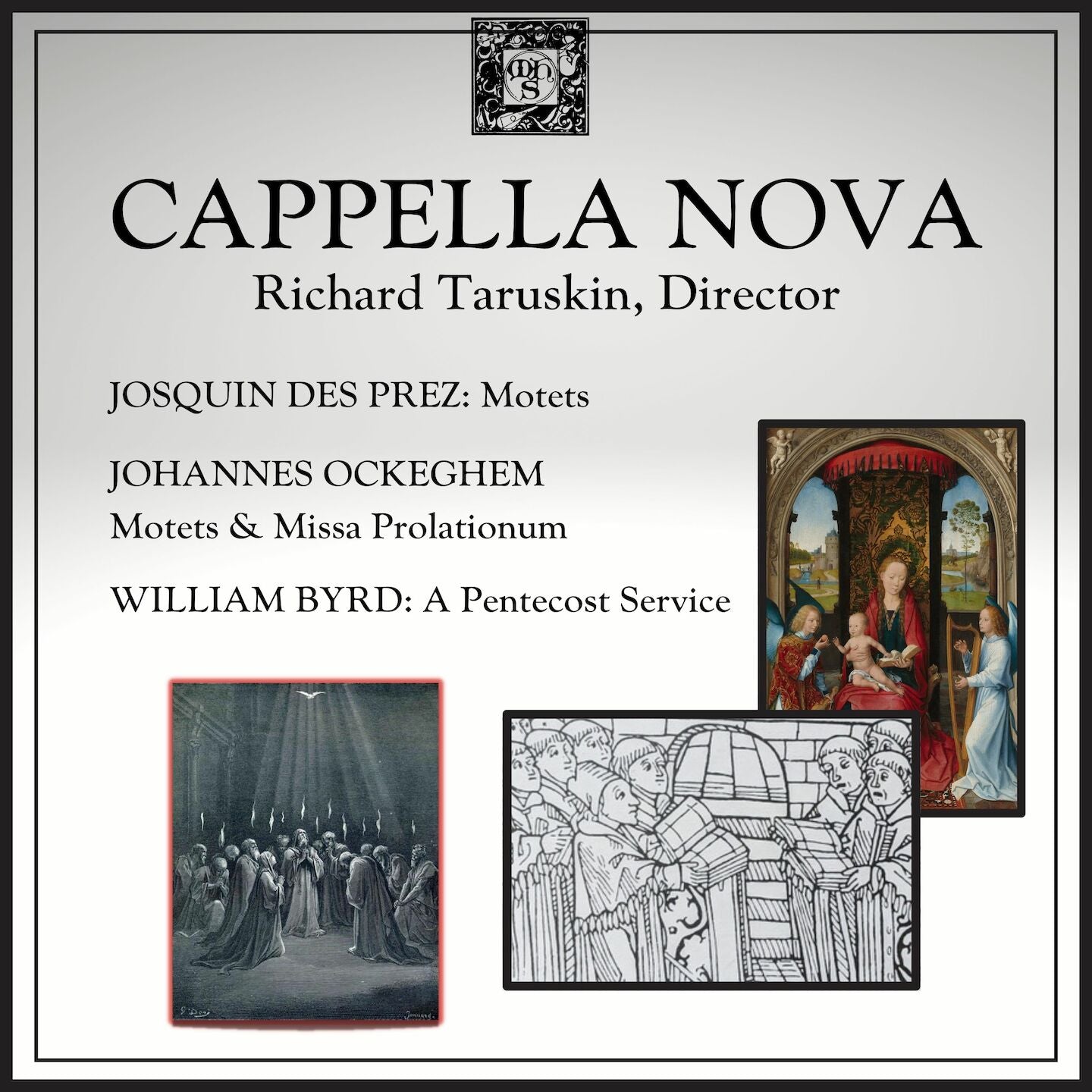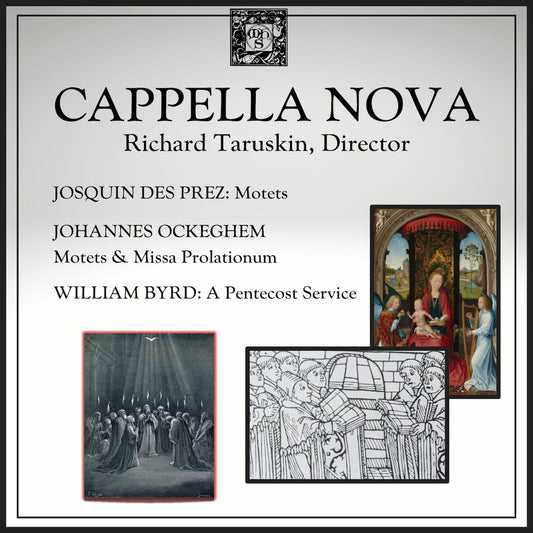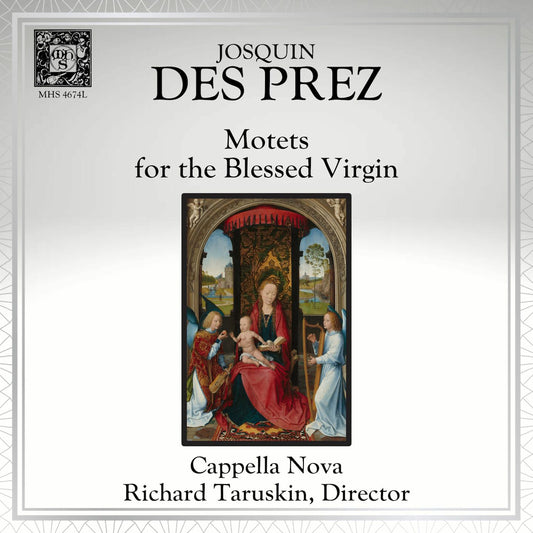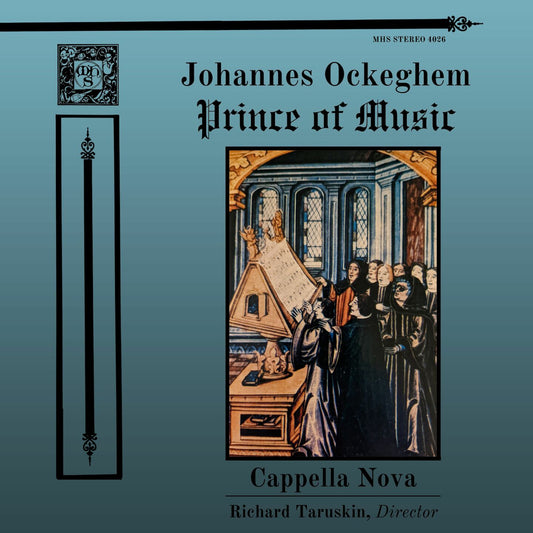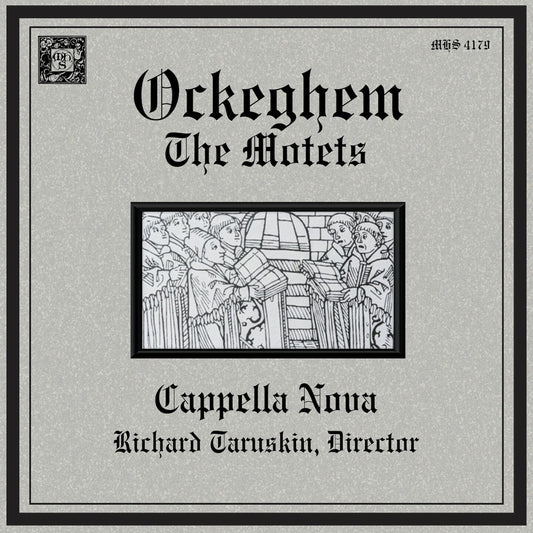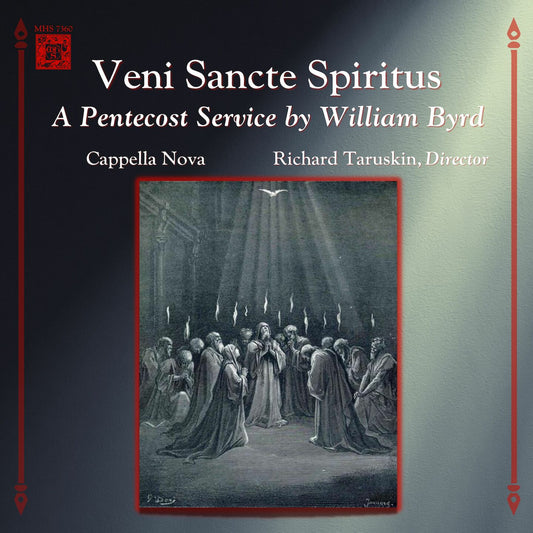1
/
of
1
CAPPELLA NOVA: THE MUSICAL HERITAGE SOCIETY RECORDINGS
CAPPELLA NOVA: THE MHS RECORDINGS - Cappella Nova, Richard Taruskin, director
CAPPELLA NOVA: THE MHS RECORDINGS - Cappella Nova, Richard Taruskin, director
All of Cappella Nova's Musical Heritage Society recordings in one download. As an added bonus, the liner notes contain all of the notes written by the respected classical music historian, Richard Taruskin.
Regular price
$9.99
Regular price
$9.99
Sale price
$9.99
Unit price
/
per
$5.00
MHS
MHS EXCLUSIVE DIGITAL DOWNLOAD
All of Cappella Nova's Musical Heritage Society recordings. As an added bonus, the liner notes contain all of the notes written by the respected classical music historian, Richard Taruskin.
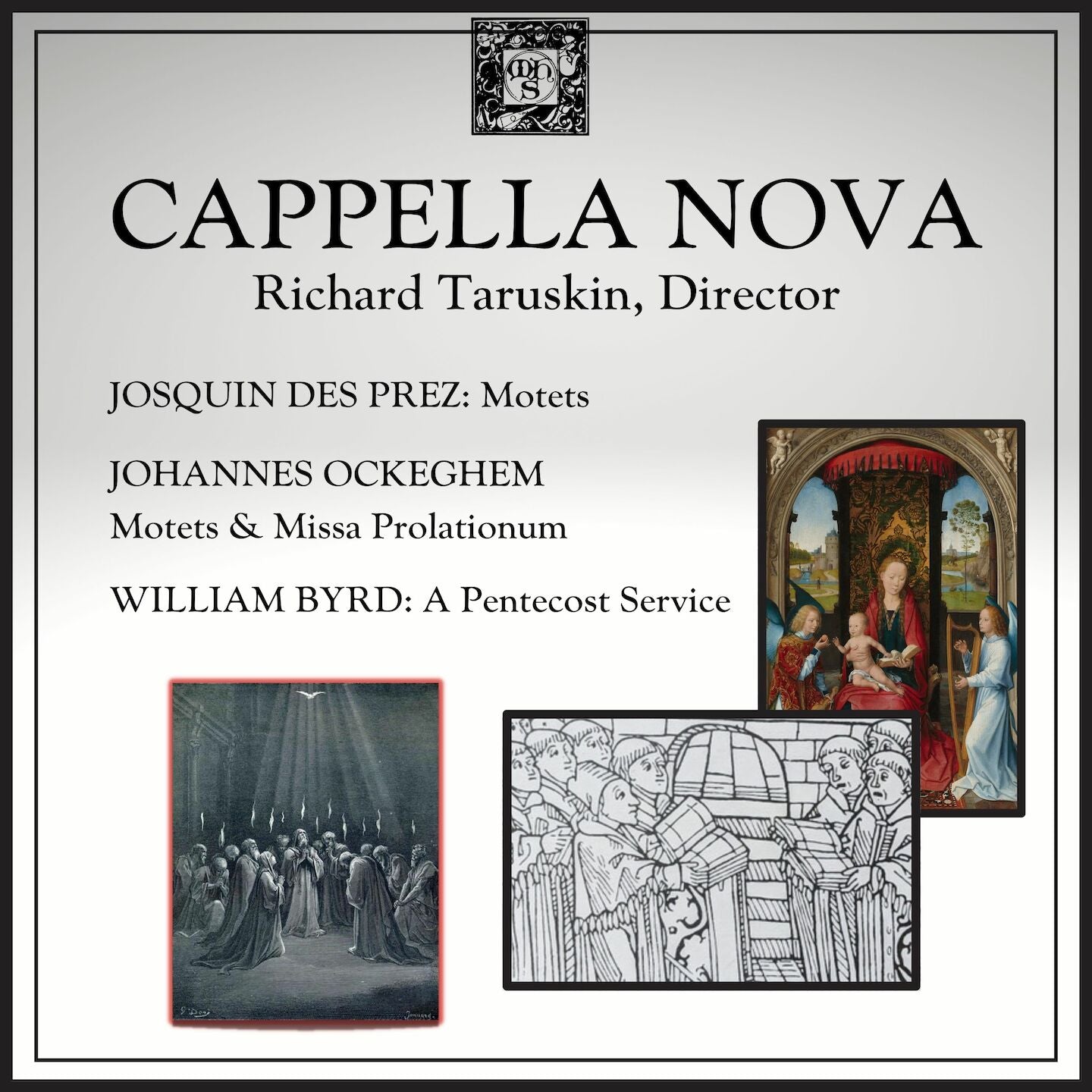

Performers
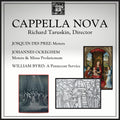
00:00
/
00:00
•
skip_previous
play_circle_outline
pause_circle_outline
skip_next
Also Available from CAPPELLA NOVA: THE MUSICAL HERITAGE SOCIETY RECORDINGS
-
Members Save 50% MHS EXCLUSIVE DIGITAL DOWNLOAD
CAPPELLA NOVA: THE MHS RECORDINGS - Cappella Nova, Richar...
ExploreRegular price $9.99Regular priceUnit price / per$9.99Sale price $9.99 -
Members Save 50% DIGITAL DOWNLOAD with LINER NOTES
JOSQUIN DES PREZ: MOTETS FOR THE BLESSED VIRGIN - Cappell...
ExploreRegular price $9.99Regular priceUnit price / per$9.99Sale price $9.99 -
Members Save 50% DIGITAL DOWNLOAD with LINER NOTES
Ockeghem: Prince of Music - Cappella Nova, Richard Tarusk...
ExploreRegular price $9.98Regular priceUnit price / per$9.98Sale price $9.98 -
Members Save 50% DIGITAL DOWNLOAD with LINER NOTES
Ockeghem: The Motets - Cappella Nova, Richard Taruskin, d...
ExploreRegular price $9.99Regular priceUnit price / per$9.99Sale price $9.99 -
Members Save 50% DIGITAL DOWNLOAD with LINER NOTES
Veni Sancte Spiritus: A Pentecost Service by William Byrd...
ExploreRegular price $9.99Regular priceUnit price / per$9.99Sale price $9.99

